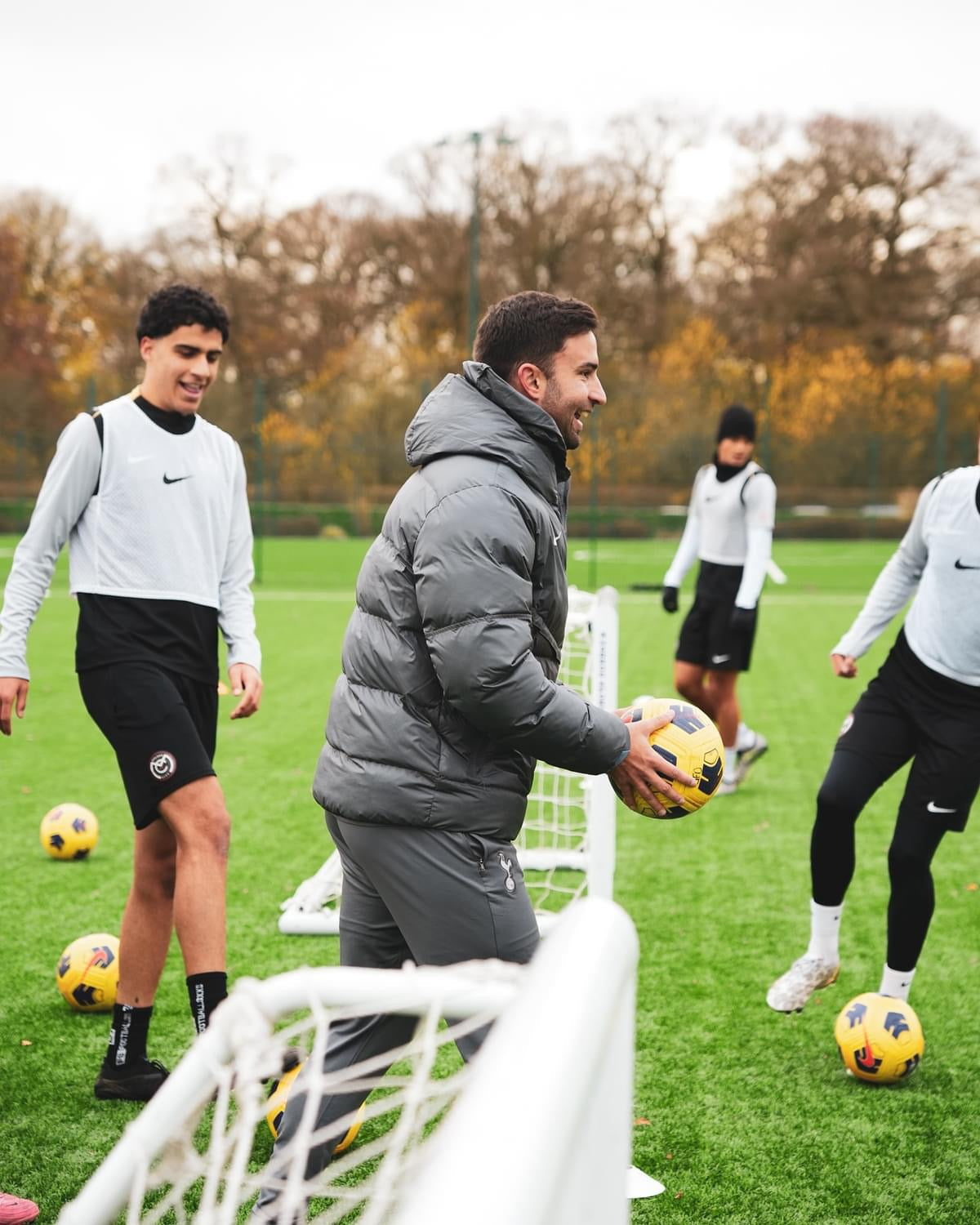Proper nutrition is essential for young footballers aiming to excel at elite football academies in the UK. Your diet significantly influences your energy levels, muscle recovery, and overall performance, directly impacting your football development and match-day readiness. By understanding and implementing the right nutritional practices, you ensure optimal physical condition, consistent performance, and rapid recovery. This guide offers practical advice, meal suggestions, and essential nutritional principles tailored specifically for aspiring young footballers striving for elite-level success.
Balancing Macronutrients for Football Performance
Optimising your diet requires balancing essential macronutrients—carbohydrates, proteins, and fats:
- Carbohydrates: Prioritise complex carbohydrates like whole grains, brown rice, oats, and sweet potatoes, providing sustained energy throughout training and matches.
- Protein: Include lean proteins such as chicken, turkey, fish, eggs, beans, and lentils, essential for muscle growth, repair, and recovery.
- Healthy Fats: Incorporate beneficial fats like avocados, nuts, olive oil, and fatty fish (salmon, mackerel), crucial for sustained energy and overall health.
Meal Timing and Hydration
Timing meals and hydration effectively is crucial for peak performance and efficient recovery:
- Pre-Match Meals: Consume carbohydrate-rich, moderate-protein meals 2-3 hours before training or matches (e.g., pasta with grilled chicken or oatmeal with fruit).
- Post-Match Nutrition: Within 30 minutes post-match or training, have protein-rich snacks or shakes combined with carbohydrates to accelerate muscle recovery.
- Hydration: Maintain consistent hydration throughout the day, increasing intake during training sessions and matches to prevent fatigue and dehydration.
Snacking Strategies for Sustained Energy
Healthy snacking maintains energy levels and supports recovery between main meals:
- Energy-Boosting Snacks: Opt for nutritious snacks like bananas, whole-grain sandwiches, yoghurt, nuts, or energy bars to maintain energy throughout the day.
- Recovery Snacks: Post-training, choose quick recovery snacks like protein smoothies, peanut butter sandwiches, or protein bars.
- Avoid Junk Foods: Minimise consumption of sugary snacks and processed foods, which negatively impact energy levels, performance, and overall health.
Nutrition and Recovery
Optimal nutrition significantly influences recovery, reducing injury risks and improving overall readiness:
- Anti-Inflammatory Foods: Include foods like berries, dark leafy greens, and nuts, known for their anti-inflammatory properties aiding recovery.
- Adequate Sleep and Nutrition: Combine nutrition strategies with sufficient sleep (8-10 hours per night), enhancing overall recovery and performance readiness.
- Professional Guidance: Regularly consult nutritionists or sports dietitians to tailor personalised dietary plans specific to your training load and football objectives.
Conclusion
Adopting optimal nutritional practices significantly enhances your football performance, recovery, and readiness for elite UK football academies. Implement balanced meals, timed nutrition strategies, effective hydration, and beneficial snacking into your routine. Start integrating these nutritional principles today, positioning yourself for sustained football success and improved overall health.



